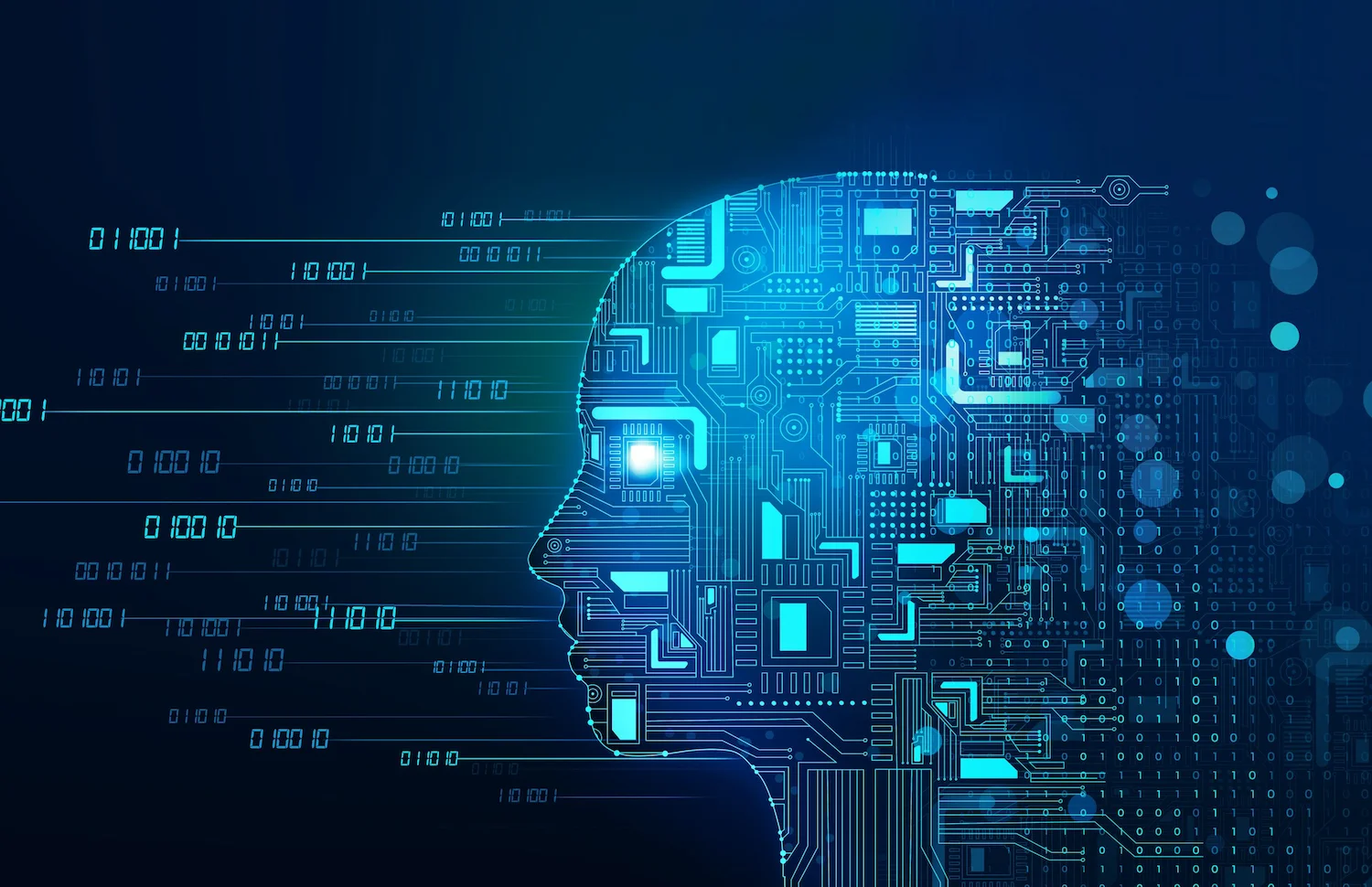
Introduction: Quantum Computing Meets Marketing
Quantum computing, with its potential to solve complex problems at unprecedented speeds, is set to revolutionize various industries, including marketing. As marketing becomes increasingly data-driven, the computational power of quantum computing can significantly enhance the way marketers analyze data, predict trends, and engage with customers.
Understanding Quantum Computing
Quantum computing is a type of computation that harnesses the phenomena of quantum mechanics to process information. Unlike classical computers that use bits (0s and 1s) to process information, quantum computers use quantum bits or "qubits." Qubits can exist in multiple states at once, a property known as superposition, which allows quantum computers to process a vast number of possibilities simultaneously.
Quantum Computing's Impact on Data-Driven Marketing
Enhanced Data Analysis
One of the most immediate impacts of quantum computing in data-driven marketing is the ability to analyze large datasets more efficiently. Quantum algorithms can sort, search, and analyze data much faster than classical algorithms. This means marketers can gain insights from their data more quickly, allowing for more timely and informed decision-making.
Improved Predictive Analytics
Quantum computing can significantly improve the accuracy and speed of predictive analytics. By processing vast amounts of data simultaneously, quantum computers can identify patterns and trends that would be too complex for classical computers. This can help marketers predict customer behavior more accurately, enabling more effective targeting and personalization.
Optimized Marketing Strategies
Quantum computing can also optimize marketing strategies by solving complex problems related to resource allocation, pricing, and scheduling. For example, a quantum algorithm could determine the optimal allocation of a marketing budget across various channels to maximize ROI.
Real-Time Customer Segmentation
With the processing power of quantum computing, marketers can segment customers in real-time based on their behavior, preferences, and interactions. This allows for more personalized and relevant marketing campaigns, improving customer engagement and conversion rates.
Conclusion: The Quantum Future of Data-Driven Marketing
While still in its early stages, quantum computing holds immense potential for data-driven marketing. Its ability to process large datasets, improve predictive analytics, optimize marketing strategies, and enable real-time customer segmentation can transform the way marketers engage with customers and make strategic decisions. As quantum technology continues to evolve, marketers who embrace it will be well-positioned to gain a competitive edge in the increasingly data-driven world of marketing.





